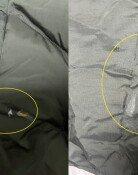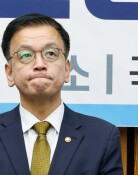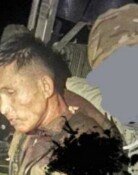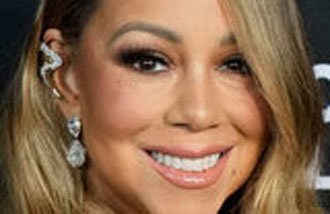Pres. Yoon’s approval rating hits record low of 17 percent
Pres. Yoon’s approval rating hits record low of 17 percent
Posted November. 09, 2024 08:08,
Updated November. 09, 2024 08:08
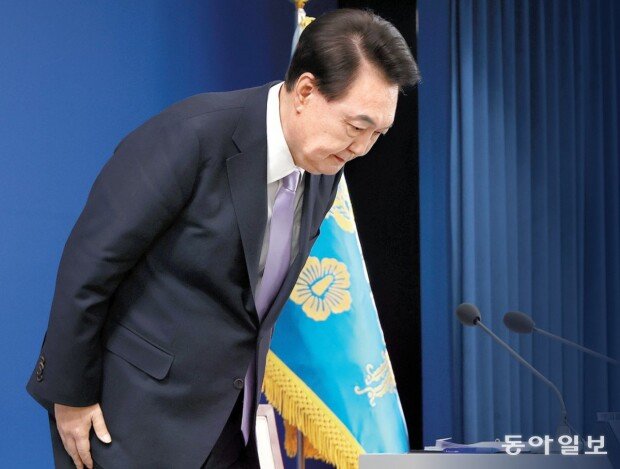
South Korean President Yoon Suk Yeol’s approval rating for handling the country’s affairs stood at 17 percent as of Friday, two days before the halfway point of his term on Sunday, hitting a record low since he took office. The president’s approval rating has plummeted without brakes since it fell below 20 percent last week, which is considered a psychological threshold that the president loses power over handling state affairs. First Lady Kim Keon Hee, who has been named as a critical reason for President Yoon’s declining approval ratings, reportedly will not make any public appearances until the end of the year. The opposition parties, including the Democratic Party of Korea, have launched a full-scale offensive to pass the special prosecutor law regarding the first lady and preannounced a plenary vote on Thursday after unilaterally passing the law in a plenary session of the National Assembly’s Legislation and Judiciary Committee on Friday.
According to poll results for the first week of November released by Gallup Korea on Friday, President Yoon’s positive job performance rating was 17 percent, down two percentage points from the previous week. His negative rating was 74 percent, the highest since he took office. For the third consecutive week, “problems with First Lady Kim” was the most-cited reason for the negative rating (19 percent), and the percentage was higher compared to last week (17 percent).
Positive ratings also plummeted in Seoul, nearby regions, and Chungcheong provinces, which have a high proportion of swing voters. Compared to last week, Seoul (17%) fell five percentage points, and Daejeon, Sejong, and Chungcheong (18%) fell 11 percentage points. The approval rating also dropped among those who don’t support any particular party (8 percent) and those who said they did not know or did not disclose their political affiliation (16 percent).
Even among those in their 70s and older, who tend to be more conservative, the positive rating was 34 percent, down seven percentage points from 41 percent last week. While the approval ratings rose again in Daegu and North Gyeongsang Province and Busan, South Gyeongsang Province, and Ulsan, where approval ratings dropped significantly last week, analysts said that President Yoon’s other core supporters, as well as centrist-leaning floating voters, are losing ground.
“What is important now is to implement concrete actions at a level and speed that suits the public sentiment,” Han Dong-hoon, the leader of the ruling People Power Party, responded to President Yoon’s press conference. “We will communicate and persuade the presidential office even more than what we are doing now.”
Hyung-Jun Hwang constant25@donga.com




